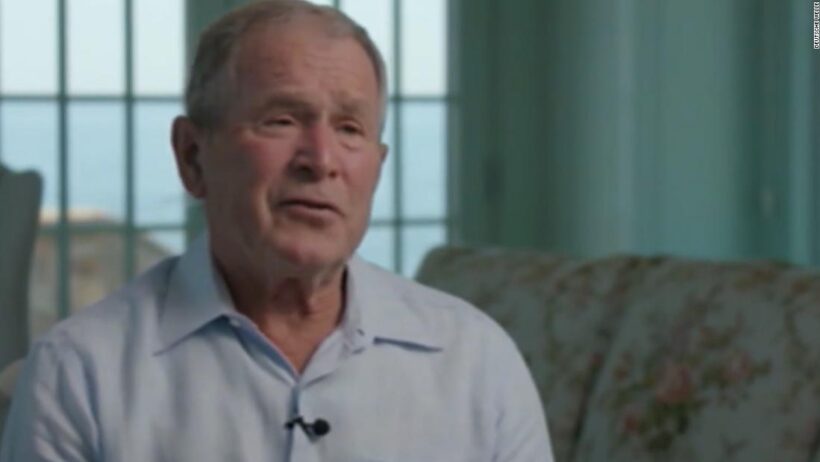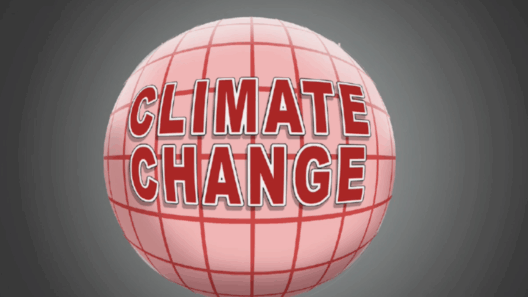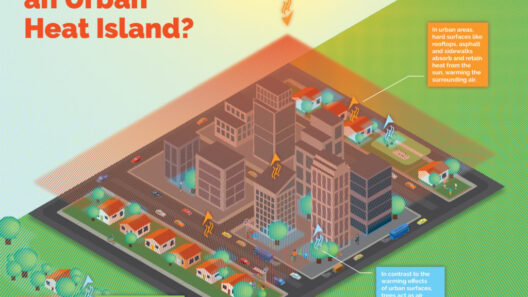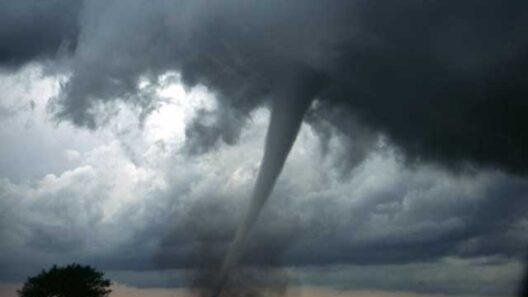In the grand narrative of climate change, the presidency of George W. Bush stands as a pivotal chapter, one that evokes a complex tapestry of policy decisions and international engagements. As the incessant march of time continues, historical figures, including Bush, are scrutinized for their tenures and the implications of their decisions on global challenges such as global warming. To understand whether he worsened global warming, one must delve into the fabric of environmental policy during his presidency.
The early years of the 21st century were marked by an increasing awareness of climate change, paralleling a flurry of scientific warnings that painted a dire picture of the future. However, against this backdrop, George W. Bush’s administration adopted a markedly retrogressive approach to environmental stewardship. His presidency is often characterized by a metaphorical crossroads: an opportunity to embrace progressive climate policies or to reforge allegiances with fossil fuel industries. Unfortunately, the choice was substantially in favor of the latter.
One of the most notable aspects of Bush’s environmental policy was the administration’s reluctance to endorse the Kyoto Protocol, an international treaty that aimed to combat climate change by reducing greenhouse gas emissions. The refusal to ratify heightened the negligence of the urgent need for global cooperation. The United States, a preeminent carbon emitter, opted to sidestep binding commitments, allowing for an unbridled continuation of emissions that contribute to the warming of our planet.
Moreover, throughout his time in office, Bush championed energy policies that prioritized fossil fuel production. This was emblematic of a time when national energy independence was viewed through a narrowly defined lens, signifying a reliance on oil reserves rather than a transition towards renewable energy sources. The Energy Policy Act of 2005 epitomized this perspective, offering substantial tax incentives for oil and gas production while significantly neglecting the burgeoning renewable energy sector. By prioritizing fossil fuels, the administration essentially fanned the flames of global warming.
Another defining moment in Bush’s environmental legacy was the aftermath of Hurricane Katrina. The catastrophic event not only exposed the vulnerabilities of infrastructure but also underscored the intricate links between climate change and extreme weather patterns. Yet, instead of confronting the looming specter of climate change, the administration often appeared to retreat into a narrative of disbelief or mitigation without a firm acknowledgment of human-induced climate factors. This disconnect can be likened to a ship navigating through foggy waters, ignoring the navigation charts that signify impending storms.
It is crucial to also explore the broader implications of the policies enacted during Bush’s presidency. The administration markedly increased the profile of clean coal technology, positioning it as a viable alternative, while simultaneously promoting the extraction methods of oil and gas such as hydraulic fracturing. These methods are laden with environmental ramifications, often leading to water contamination and increased emissions. It painted a picture of environmental progress that obscured the deleterious effects of such industries on both ecosystems and public health.
Bush’s environmental policy decisions did not operate within a vacuum. The prevailing political climate at the time also played a significant role. With an administration resistant to the scientific consensus, the momentum for significant climate action was stifled, rendering the U.S. less competitive in the renewable energy race against nations like Germany and China. The reluctance to implement stringent regulations on emissions, particularly from coal-fired power plants, further exacerbated the trajectory of climate change, swallowing any hope for transformative progress.
Internationally, Bush’s tenure was marked by a disjointed approach to climate diplomacy. The administration’s reluctance to acknowledge the magnitude of the climate crisis fazed international relationships, particularly with allies who sought unified action. The “Global Climate Change Initiative,” while a nominal step towards acknowledging climate issues, lacked the substance and commitment necessary for meaningful progress. Like a half-hearted gesture in a dance, it failed to keep pace with the rhythm of urgency demanded by the escalating climate disaster.
The ideological underpinnings of Bush’s environmental approach can be traced back to a blend of skepticism toward governmental intervention and an ingrained allegiance to corporate interests. This dichotomy shaped an environmental legacy characterized by inertia. Ultimately, decisions made during his administration continued to reverberate through subsequent governments, fostering an environment where the alarming trends of climate change were not prioritized and consequently allowed to fester.
As the impacts of climate change become increasingly palpable, the assessment of past leaders and their decisions will continue to play a integral role in shaping our response. Did George W. Bush worsen global warming? The answer may lie not only in the specific policies enacted but also in the broader narrative of environmental consciousness that was stymied during his presidency. The intricate web of climate change is multifaceted, yet one can surmise that the actions, or lack thereof, during this crucial period contributed to a trajectory that demands immediate and persistent correction.
In closing, the legacies of political leaders are seldom defined by singular moments but rather by the continuity of thought and action over time. George W. Bush’s presidency serves as a salient reminder of the weight of policy, the urgency of scientific consensus, and the critical need for accountability in the face of existential threats. Each decision cascades into a future that must grapple with the consequences of the past, necessitating a renewed commitment to climate action and stewardship.








